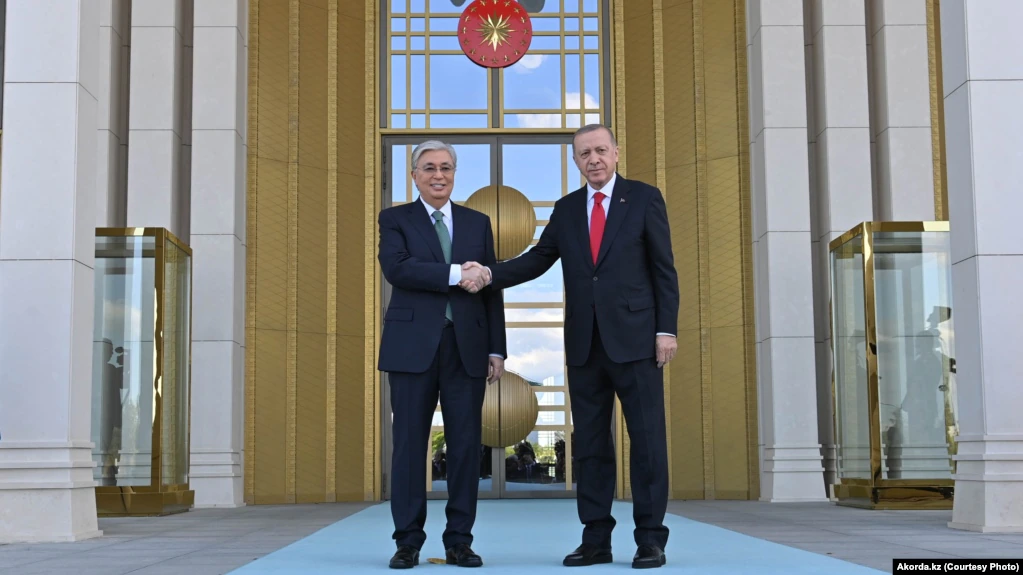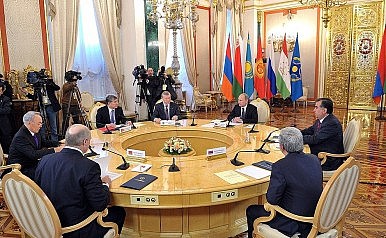 Divergent interests in Russia’s dispute with Turkey and Armenia’s conflict with Azerbaijan restrict the CSTO.
Divergent interests in Russia’s dispute with Turkey and Armenia’s conflict with Azerbaijan restrict the CSTO.
 Opponents and rights groups have accused authorities in Kazakhstan of clamping down on free speech on the internet in order to keep a lid on discontent as falling oil prices push down people's real incomes.
Opponents and rights groups have accused authorities in Kazakhstan of clamping down on free speech on the internet in order to keep a lid on discontent as falling oil prices push down people's real incomes.


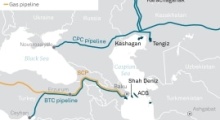


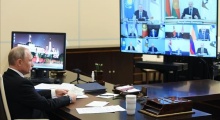

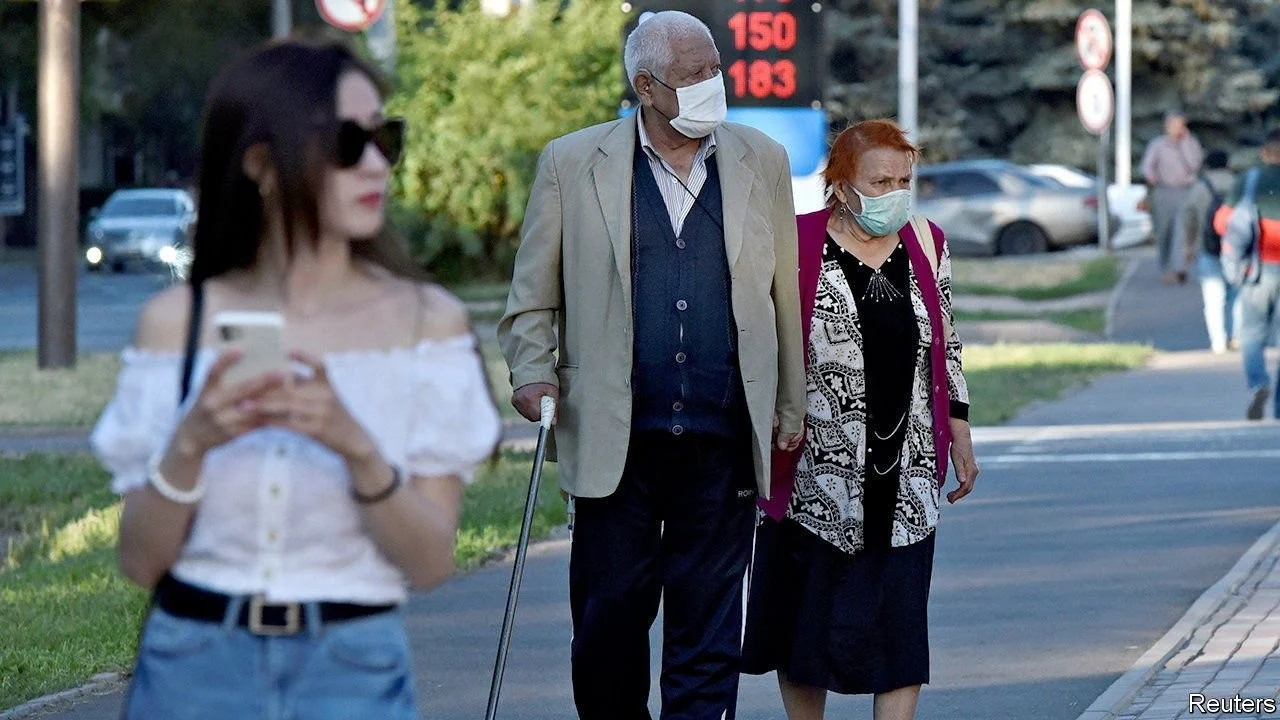
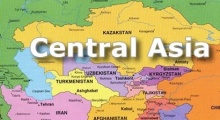
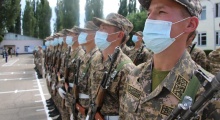

 Russian President Vladimir Putin has signed a law that allows the Constitutional Court of Russia to decide whether or not to comply with judgements made by international rights courts – a measure seen as a response to Russia losing many cases in Strasbourg, and being ordered to pay large sums of money.
Russian President Vladimir Putin has signed a law that allows the Constitutional Court of Russia to decide whether or not to comply with judgements made by international rights courts – a measure seen as a response to Russia losing many cases in Strasbourg, and being ordered to pay large sums of money.
 When Kazakhstan celebrated its independence day on Wednesday (16 December), one former journalist with the Central Asian state's broadcaster was grateful she did not have to report it.
When Kazakhstan celebrated its independence day on Wednesday (16 December), one former journalist with the Central Asian state's broadcaster was grateful she did not have to report it.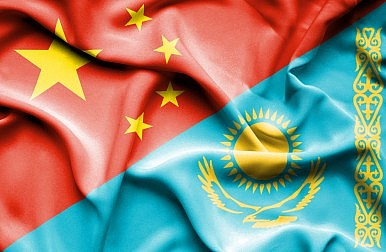 Kazakh Prime Minister Karim Massimov made the most of his trip to China this week. While in China Massimov attended the Kazakh-Chinese Business Council (KCBC) in Beijing, where a handful of commercial deals were made. He also met with his Chinese counterpart, Li Keqiang, to settle a variety of bilateral deals.
Kazakh Prime Minister Karim Massimov made the most of his trip to China this week. While in China Massimov attended the Kazakh-Chinese Business Council (KCBC) in Beijing, where a handful of commercial deals were made. He also met with his Chinese counterpart, Li Keqiang, to settle a variety of bilateral deals.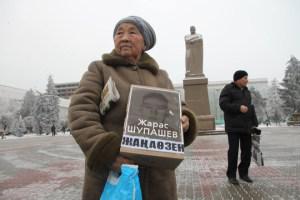 Four years after the massacre of striking oil workers by security forces at Zhanaozen in western Kazakhstan, the campaign to unmask those who gave the orders goes on
Four years after the massacre of striking oil workers by security forces at Zhanaozen in western Kazakhstan, the campaign to unmask those who gave the orders goes on
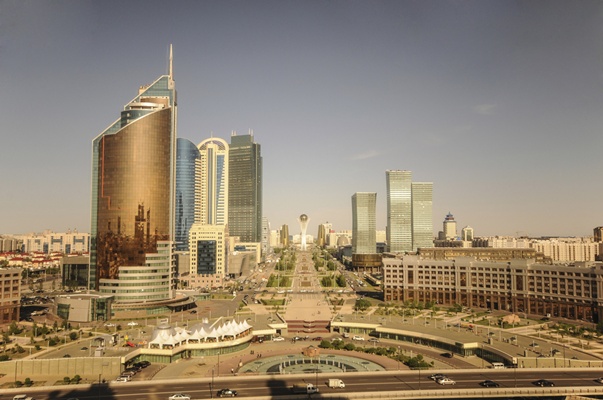 Kazakhstan said on Tuesday it would tear up its monetary policy mechanism and come up with a new approach, scrambling to find a coherent response to the sliding world oil prices that have pushed down its national currency.
Kazakhstan said on Tuesday it would tear up its monetary policy mechanism and come up with a new approach, scrambling to find a coherent response to the sliding world oil prices that have pushed down its national currency.



